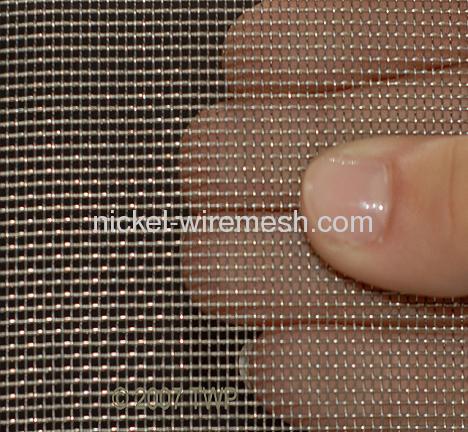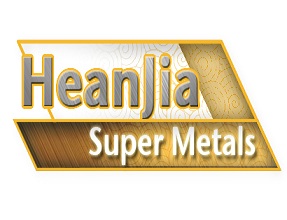You are here: home > Learning Gallery > Monel
Product (738)
- Pure Nickel Products (38)
- Incoloy Products (74)
- Inconel Products (72)
-
FeCrAl Product
(99)

-
Nichrome Products
(68)

- Monel Products (36)
- Hastelloy Products (49)
- Nickel Iron Alloy Product (59)
-
Nickel Copper alloys
(47)

- Nonferrous Metal Product (27)
-
Resistance Wire
(90)

- Stainless Steel Product (42)
- Mesh Demister (20)
- Others (17)
Product Forms (14)
Quality Certificate (11)
Learning Gallery (30)
Incoloy News (9)
Inconel News (22)
Molybdenum News (7)
Nikrothal News (4)
Nichrome News (13)
Titanium News (2)
Nickel News (8)
Alloys House (30)
Tools (27)
Nickel alloy News (30)
Latest Buzz (30)
nickel chrome copper iron alloys news (28)
Credit Report
Products Index
Company Info
Heanjia Super-metals Co., Ltd. [China (Mainland)]
Business Type:Manufacturer, Trading Company
City: Beijing
Province/State: Beijing
Country/Region: China (Mainland)
Learning Gallery
Monel

Monel
Monel is a solid solution alloy that may be hardened only by cold working. It has high strength and toughness over a wide temperature range and excellent resistance to many corrosive environments.
The good resistance against corrosion by acids and oxygen makes monel a good material for the chemical industry. Monel is widely used in many fields, especially marine and chemical processing. Typical applications are valves and pumps; pump and propeller shafts; marine fixtures and fasteners; electrical and electronic components; springs; chemical processing equipment; gasoline and fresh water tanks; crude petroleum stills, process vessels and piping; boiler feed water heaters and other heat exchangers; and deaerating heaters.
Aerospace applications
Monel metal found bulk uses in aircraft construction, especially in making the frames and skins of experimental rocket planes, to resist the great heat generated by aerodynamic friction during extremely high speed flight. Monel metal retains its strength at very high temperatures, allowing it to maintain its shape at high atmospheric flight speeds, a trade off against the increased weight of the parts due to Monel's high density.
Marine Applications:
Monel's corrosion resistance makes it ideal for marine applications such as piping systems, pump shafts, seawater valves, trolling wire, and strainer baskets. Some alloys are completely non-magnetic and are used for anchor cable aboard minesweepers, housings for magnetic-field measurement equipment. In recreational boating, Monel wire is used to seize shackles for anchor rodes, Monel is used for water and fuel tanks, and for under water applications. It is also used for propeller shafts and for keel bolts.
However, because of the problem of electrolytic action in salt water (also known as Galvanic corrosion), in shipbuilding monel must be carefully insulated from other metals such as steel.
Pre Page:
Nickel-Copper Alloys
Next Page:
Incoloy Alloy



